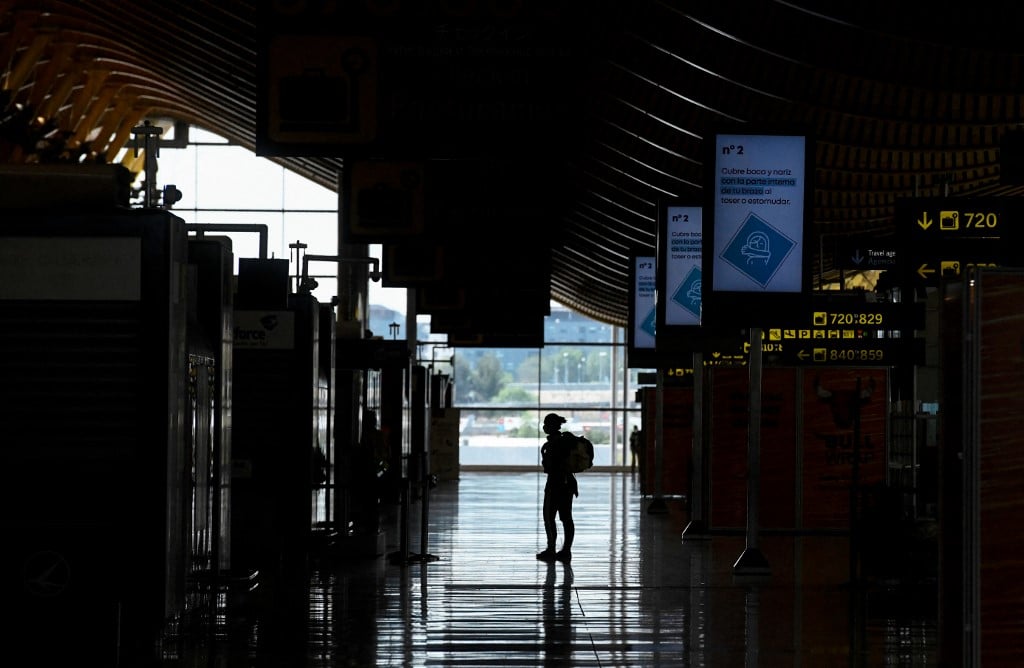The company posted a net loss of nearly €127 million ($154 million) in 2020, its first since 2012. Analysts polled by Factset had forecast a loss of €205 million.
It handled 76 million passengers at the 46 airports which it manages in Spain last year, compared to over 275 million in 2019, the company said in a statement.
In addition to the airports it manages in Spain, AENA has direct and indirect shares in another 23 airports, including London Luton.
The rest are mainly in Latin America.
“There are no signs of a recovery in the short term due to the new wave of virus infections which is spreading in Europe and the different restrictions” on travel that have been put in place, the statement added.
AENA — which is 51 percent owned by the Spanish government — recorded revenues of €2.2 billion last year, a 50.2 percent drop compared to 2019.
The pandemic has pulverised Spain's key tourism industry with international arrivals dropping to 19 million in 2020, down from nearly 84 million the previous year.
The 77.3 percent decrease snapped a seven-year trend of annual records and ended a decade-long run of yearly increases.
READ MORE:



 Please whitelist us to continue reading.
Please whitelist us to continue reading.
Member comments